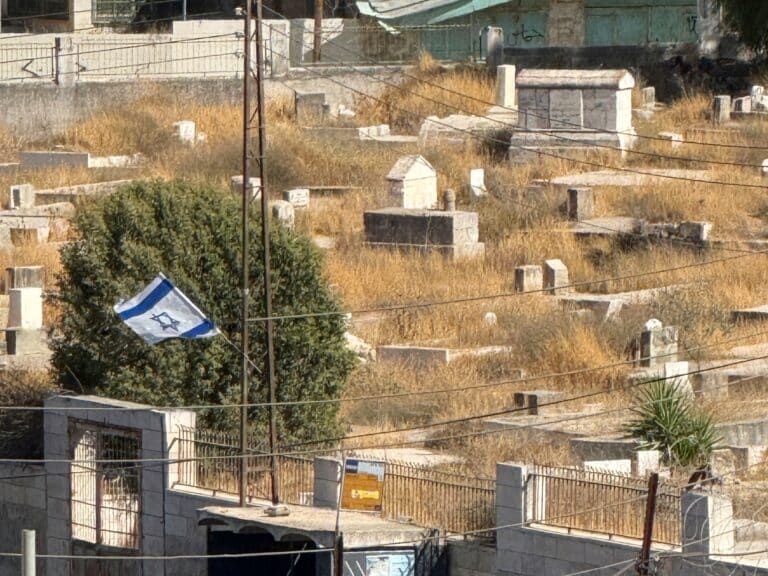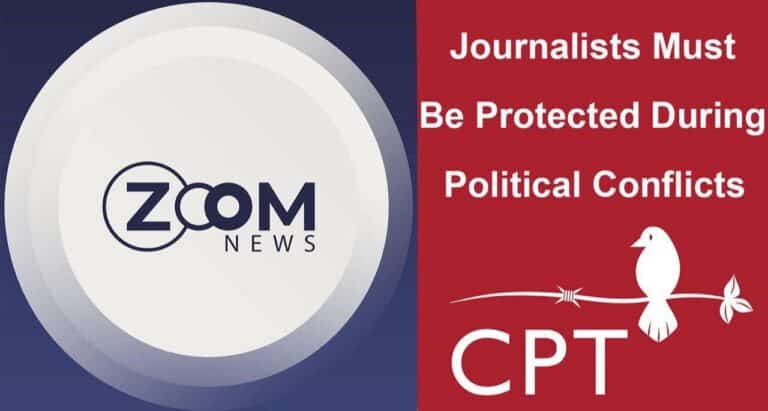by Rosemarie Milazzo, CPT Iraqi Kurdistan
Though still widely practiced in parts of Iraqi Kurdistan, rates of Female Genital Mutilation (FGM) have dramatically decreased since the practice became illegal two years ago. The ban, enacted together with other women’s rights provisions, followed years of grassroots campaigning led by organizations including CPT partner WADI Iraq.
Two recent BBC documentaries tell the story of WADI traveling to a remote village and learning about girls being cut. WADI began its campaign, opened investigations and enlisted the help of the mullah and other village leaders including the mayor, together with his wife and daughters. “We believe that your body is yours and cutting it is an act of violence,” the Mayor said.
Many Kurds believe that FGM or “khatana” is part of Islamic practice, in spite of the teachings of numerous mullahs. “This practice is not in Islam. It’s a traditional practice, not a religious one—it’s a form of oppression for women,” said Mullah and Islamic scholar Omar Chngyani, who has written extensively on the subject.
In a 30 October press conference, WADI Iraq project coordinator Falah Muradkhan explained that in some areas of Kurdistan, more than 90% of women twenty-five and older have been mutilated. In Halabja and Garmyan, where WADI has worked extensively, the percentage of six- to ten-year-old girls subjected to the practice is now close to zero. In Ranya, WADI’s most recent operation area, the rate of FGM has dropped from 100% to 48%.
CPT Iraqi Kurdistan has participated in WADI-organized demonstrations, processions and cultural events. The team published a report on women’s rights in spring 2013 (search “women’s rights” at cpt.org).



